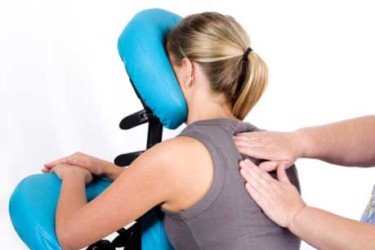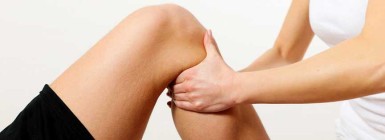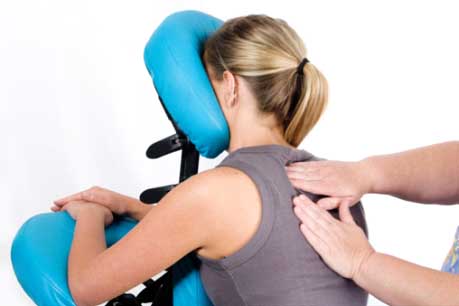
Massage
Sure, massages can help relax the muscles, but they can do much more than that. Massages relieve tension, boost immunity, improve sleep (which promotes relaxation), soothe anxiety and depression, ease muscle pain and improve post-workout recovery.
Massages also play a part in the prevention of injury, especially those that might arise due to overuse and overload. And we can’t forget the importance of massage in the injury rehabilitation process.
Massages have numerous benefits.
Speed recovery

Gains
Massages may increase your competitiveness by enhancing your performance and helping you reach your physical potential. The effects of hard training and injuries can impair your physical development.
Massages can combat the negative effects of lifting and might even help you gain greater muscle mass, develop a more proportional and symmetrical physique, and if you compete like I do, improve your stage presence and posture for competition judges.
Flexibility
Massages can greatly improve flexibility. For a lifter to achieve optimal performance, he or she must have a high degree of flexibility. Since massage therapy stretches the muscle fibres, flexibility is promoted and maintained.
High volume or intensity training cycles and competition usually lead to increased muscle tension. The effects here may include disturbances of collagen scar tissue and development of various adhesions where the muscle, fascia, and other tissues stubbornly stick together. If this happens you will experience a reduction in overall flexibility and an increased chance of injury.
Tightness in one muscle group may not be balanced off by a similar degree of tightness in the opposing
muscles. If not attended to, this can cause a permanent imbalance in the muscles
Pain Reduction
Massage alleviates muscular pain, whether caused by overwork or injury. If an athlete is in pain, he or she will not be able to approach maximum poundage. Chronic or acute pain unavoidably psyches out the lifter. The less pain that is felt, the better the lifter will perform. Pain is a signal that something is wrong, so that will have to be dealt with. Massage will often be part of the required therapy.
Sleep Improvement

A person who goes to bed in a high-tension state will have difficulty falling asleep and may often wake during the night or wake too early. All of this compromises recovery. Massage will reduce some of that tension and promote deeper and longer sleep. Volume and intensity are not just important in your training. They apply to sleep parameters as well.
A massage is worth considering if you are having problems recovering from workouts. It can also help to identify potential trouble spots before they progress into something more serious. It is important to ensure that your massage is done by a trained professional. A skilled touch may reveal those soft tissue micro-injuries.
The average sportsman/woman will go for a sports massage, which promotes flexibility to decrease risk of injury, improves endurance, reduces post-workout recovery time and offers balance to his or her training regimen. However, there are several other types of massage which can also be beneficial. The deep-tissue massage releases muscle tension, provides pain relief, loosens scar tissue and lengthens muscles and is good for overuse muscle injuries.
A favourite among persons seeking acupressure, is the Swedish massage, which offers light to medium pressure and is good for stress-related conditions. Massages accompanied by aromatherapy, which is the use of essential oils also promote deep relaxation and restoration.
So treat yourself to a massage and your body and your performance will thank you for it.
Stay tuned, friends.
Email questions or comments to emmersoncampbell@gmail.com






